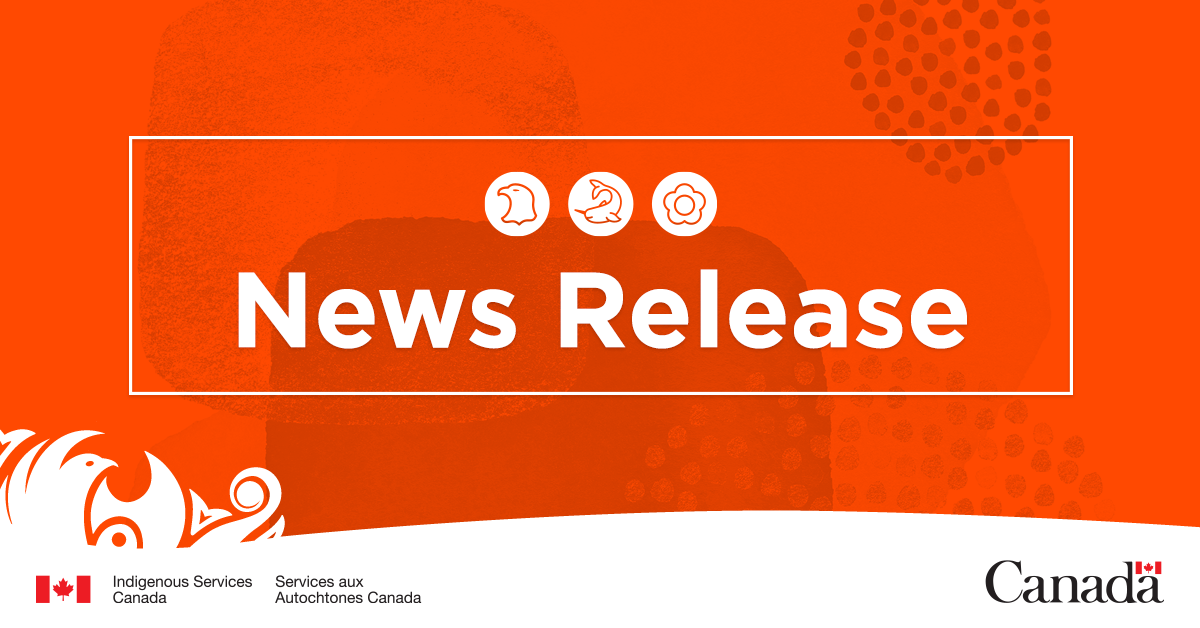NICHI announces Ontario recipients of funding to advance critical Indigenous housing projects in urban, rural and northern areas and address urgent and unmet needs

October 23, 2024 — Ottawa, Unceded Algonquin Territory, Ontario — Indigenous Services Canada
Today, National Indigenous Collaborative Housing Incorporated (NICHI) Chief Executive Officer John Gordon and Minister of Indigenous Services and Minister responsible for FedNor, Patty Hajdu, announced the recipients of NICHI’s expression of need process to address the critical need for safe and affordable urban, rural and northern Indigenous housing projects in Ontario.
Today’s announcement includes more than $58 million in funding for 12 projects in Ontario led by:
- Seven Generations Education Institute
- Brantford Native Housing
- Fort Albanys Women Shelter
- Kekekoziibii Development Corporation
- Na-Me-Res,(Native Men’s Residence)
- Thunder Woman Healing Lodge Society
- Endaayaan Awejaa
- Fort Albany Women’s Shelter
- Thunder Women Healing Lodge Society
- Ontario Federation of Indigenous Friendship Centres
- Reverend Tommy Beardy Memorial Family Treatment Center
- Nahnahda-Wee-ee-Waywin
Through the national process, $277.8 million out of a total funding amount of $281.5 million is being distributed to 75 projects across the country aimed at building more than 3800 units. This funding was provided to Indigenous Services Canada through Budget 2022 and was distributed by NICHI, applying its “For Indigenous, By Indigenous” approach. NICHI brings together Indigenous-led housing, homelessness, and housing-related service delivery organizations to provide lasting solutions that address diverse housing inadequacies including homelessness for Indigenous Peoples living in urban, rural and northern areas.
Over 171,000 Indigenous Peoples in urban, rural and northern areas off reserve are in core housing need according to the 2021 Census. Indigenous Peoples continue to experience core housing needs at a significantly higher rate than non-Indigenous people – with the gap between them being exacerbated by the housing and homelessness crisis and by inadequacies in distinctions-based funding.
Through a For Indigenous, By Indigenous approach to Indigenous housing that recognizes Indigenous organizations are best placed to understand the needs of their communities, Indigenous Services Canada is striving to close this gap by 2030.
Access to safe and affordable housing is critical to improving health and social outcomes, and to ensure a better future for Indigenous communities. This funding initiative is part of the Government of Canada’s commitment to address the social determinants of health and advance self-determination in alignment with the United Nations Declaration on the Rights of Indigenous Peoples Articles 21 and 23.


